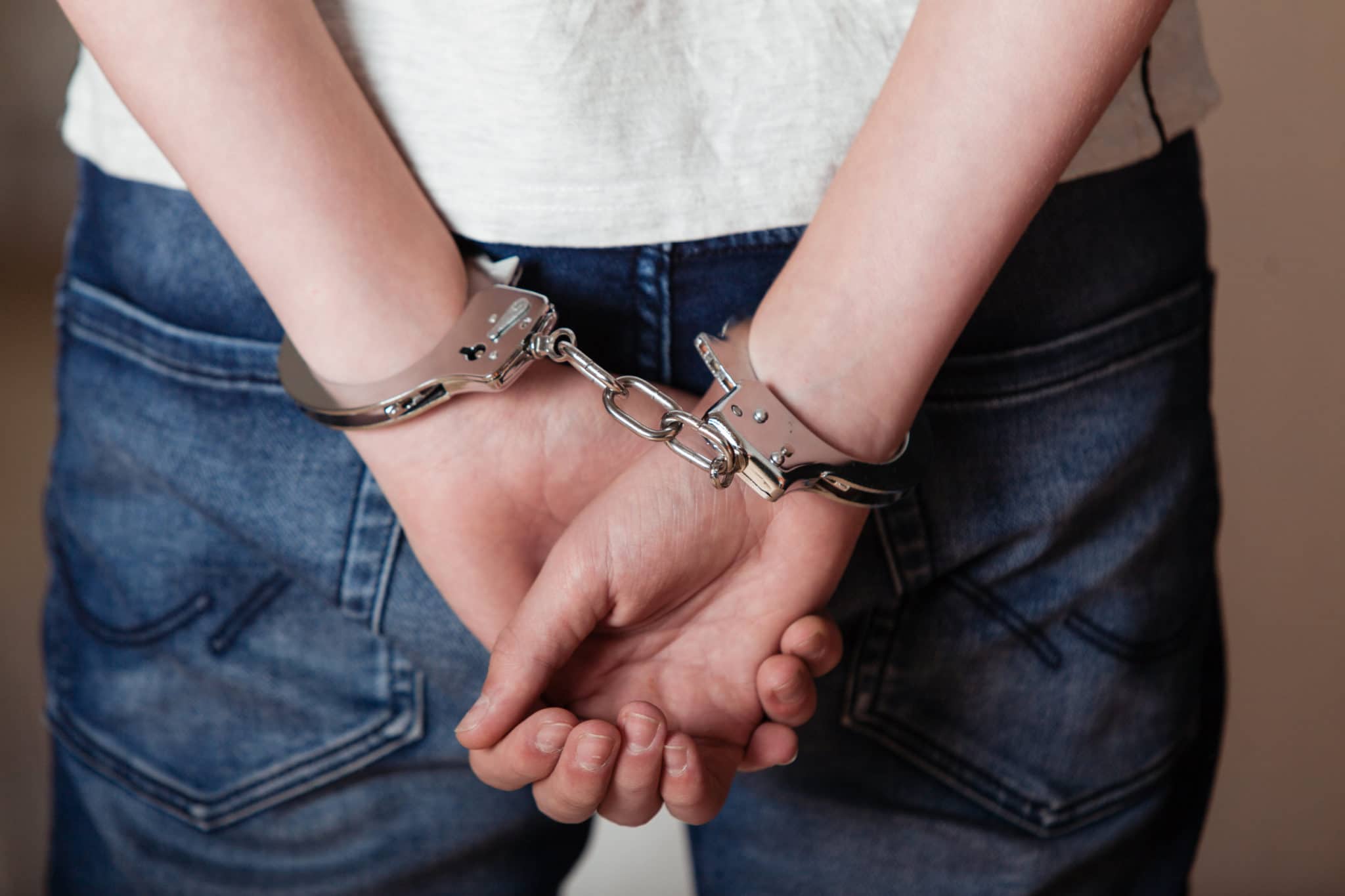Drug-Free Zones in Illinois: How They Work
The laws surrounding drugs in the state of Illinois are strict. Even with some changes to the law surrounding marijuana in recent years, there are still certain things that are against the law under the Illinois Controlled Substances Act, including the laws surrounding drug-free zones.
When it comes to drug crimes in Illinois, location matters. Just as in many other states, the state of Illinois has developed drug-free zones in the community. If you are caught perpetrating a drug crime in one of these zones, then you can face some very severe penalties.
Here’s what you need to know about drug-free zones in Illinois and the potential penalties that can be faced if you are charged with committing a drug crime within one.
What Are Drug Free Zones?
In the 1980s, the War on Drugs was taking the country by storm. This “war” created places that we now know as “drug-free zones” under the law. Under the law, drug-free zones are zones in which drugs are not tolerated at all.
The purpose behind these zones is:
- Keeping drugs from vulnerable populations, such as children
- Protecting the community from other crimes that often are thought to go along with drug crimes, like violence, theft, and prostitution
These zones are meant to be kept drug-free via higher penalties for crimes committed within the zones. The hope is that this will discourage criminal activity. It doesn’t matter how minor or serious a crime is when committed in the zone – increased penalties will be faced as a result of where the crime took place.
Illinois Drug-Free Zones
In the state of Illinois, drug-free zones are usually designated in places where children are nearby. While most people think of only schools when it comes to these zones, there are other places that carry the designation as well, including:
- Public parks
- Nursing homes
- Correctional facilities
- Drug treatment centers
- Truck stops
- Rest areas
- Churches
These laws are controversial because it’s very clear that many areas are considered drug-free. Increased penalties only contribute to the high incarceration rate in the state. Often, the penalties are also disproportionate to the crime because of drug-free zones.
The Enhanced Penalties for Drug-Free Zones

If a drug crime is committed in an area designated as a drug-free zone, then typically the penalty is doubled for that crime, if there is a conviction. When you take into account how harsh drug penalties already are in Illinois, you can see where this begins to be an issue.
For example, a Class 1 felony can already send you to prison for up to 15 years. If it’s a crime committed in a drug-free zone, then the person convicted can face up to 30 years in prison for the same actions. A Class X felony traditionally carries a sentence of up to 60 years. If committed in a drug-free zone, then that’s 120 years in prison.
Fines are also assessed in drug-free zones at twice the maximum. So, a Class 1 felony that usually has a fine of up to $250,000 now becomes a fine of $500,000 when in a drug-free zone.
Drug-free zones were created with good intentions, but their reality has created problems for those who commit crimes within them. That’s why, if you’re accused of a crime in a drug-free zone, it’s vital to understand the charges against you to create the best defense possible.
About the Author:
Andrew M. Weisberg is a former felony prosecutor who now serves as a defense attorney in the greater Chicago area. He has extensive experience in handling all types of criminal cases, from sex offenses and domestic violence to retail theft-related crimes, murder, and drug crimes. His work has been recognized by Avvo, Expertise, National Trial Lawyers, and others, and he has been featured on countless news outlets for his experience and knowledge in criminal law.







 Blog Home
Blog Home 










